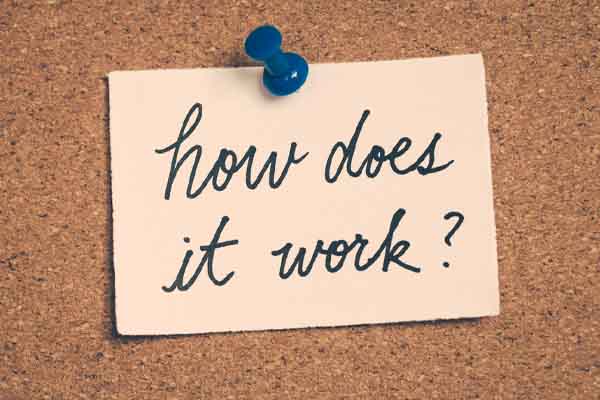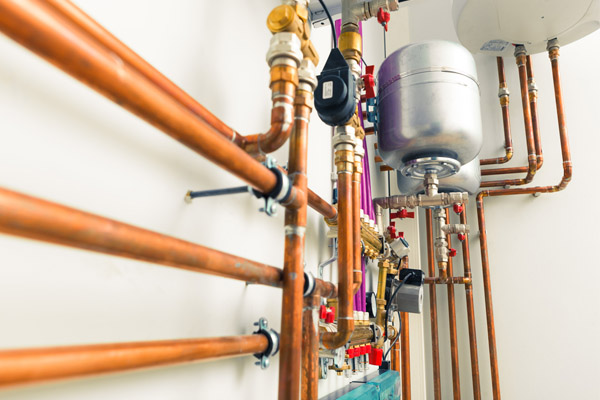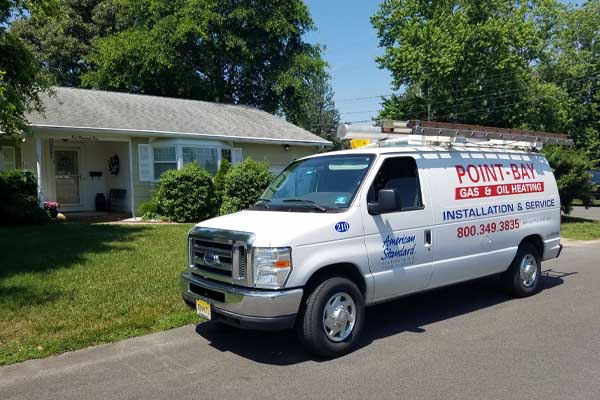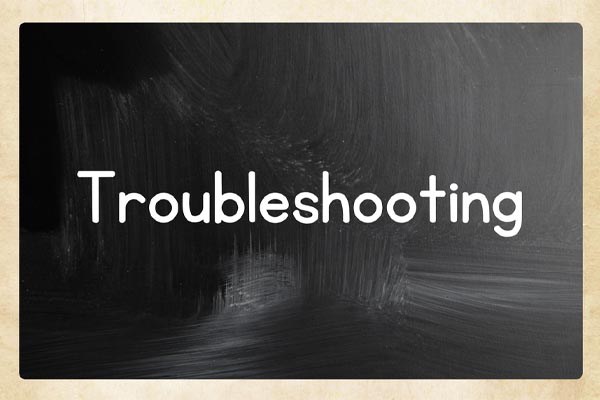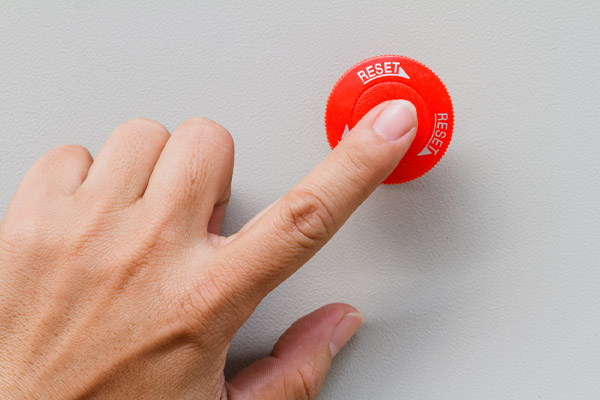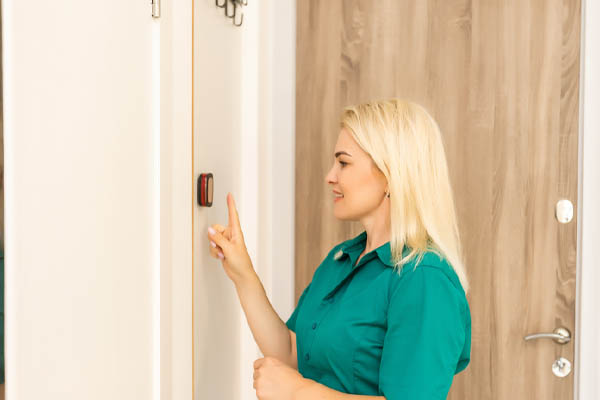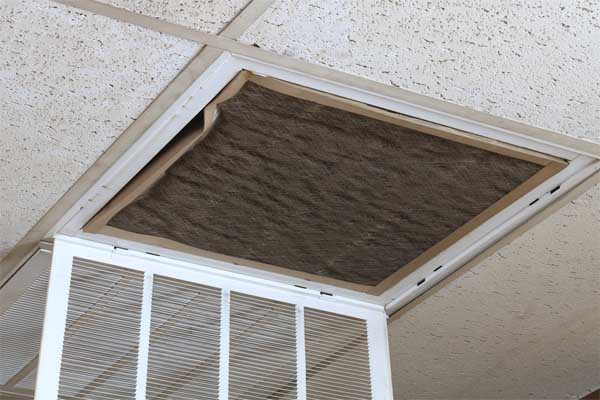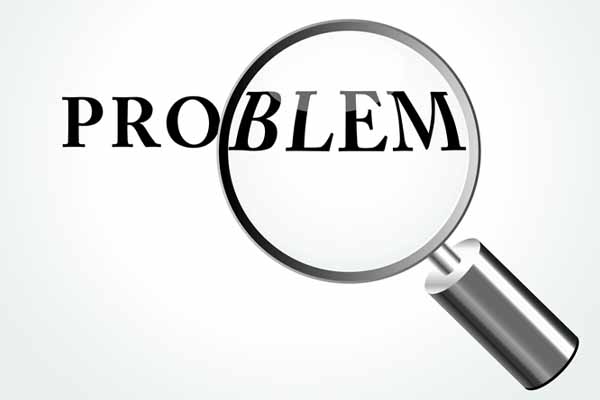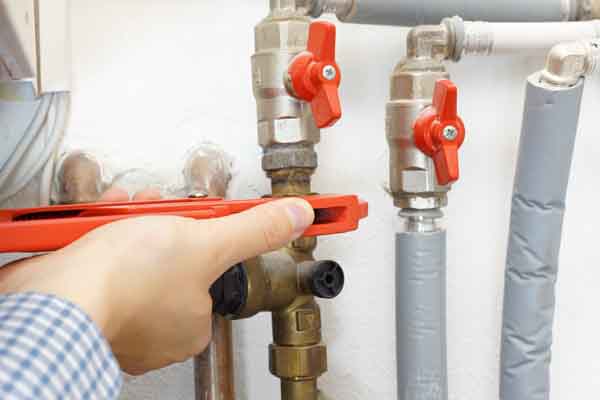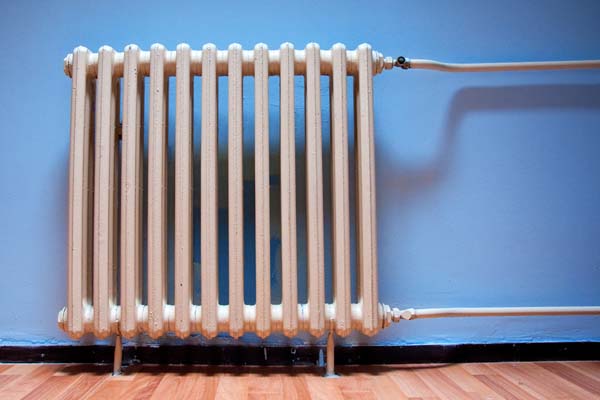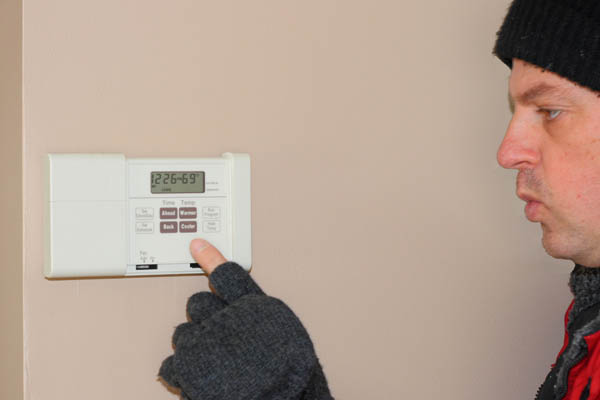
Once it is cold, most people automatically go to the thermostat to enjoy home heating. All you need to do is press a couple of buttons in order to switch the furnace on so that heat can start being generated. Within a couple of minutes, you will enjoy the warm air in your home and get relief from the biting cold. This is a highly reliable system that households use and can depend on. With that said, it is not free from problems. Like many homeowners, eventually, you may have to deal with a furnace will not turn on with thermostat. If you have this problem during the winter, it can cause a great deal of stress and anxiety. So, be sure to continue reading so you can learn how to handle this problem.
Furnace Refuses To Switch On Using The Thermostat
This can be easily prevented from happening in the first place through scheduled furnace tune-ups. Yearly furnace maintenance checks by an HVAC technician are sufficient. In most cases, it is best to schedule these types of visits during the fall months so that it should work perfectly in the winter. The HVAC technician will thoroughly check your system and look for any possible issues, worn-out parts, safety issues, etc. They will also identify if there is too much dirt or dust in your system so that they can thoroughly clean it. Once all issues are identified and rectified, your furnace should work perfectly. In the event that you didn’t get your furnace maintained and your heating doesn’t power on, then it may be because of the following issues:
Problematic Thermostat
Your thermostat is basically the brain of your system. So, when there are issues, you should begin by troubleshooting it. Once you input certain commands into your thermostat and they aren’t being followed, then this signifies that your thermostat may be failing. There are numerous ways in which this could happen.
Related Article: The Difference Between An Air Handler Vs. A Furnace
Thermostat Settings

Machines are built to carry out the functions that are input into them. So, if they are not doing this, then you will need to look at the settings. This may, in fact, be the issue. One example of this is if you have your settings on OFF or COOL. So, if these settings are in place, then your thermostat won’t produce warm air. You will have to adjust your settings to HEAT. You will also need to have a look at your temperature settings. If your temperature is set too low, then it won’t provide the level of heating that you require. So, experiment with the temperature settings until you find a comfortable temperature.
Related Article: Do Leaky Windows Affect How My Home Is Heated?
Not Getting Power
Once you have looked at your thermostat’s settings and that isn’t the issue, you need to keep troubleshooting. There is a chance that the problem may be due to power. For example, if your thermostat has a dead battery, then it won’t work. So, put in new batteries and see if this helps. In many cases, your furnace will fire up once you replace the batteries. However, if it is still not working, then you may potentially have a faulty power circuit. In this case, you will need the help of professionals.
Incorrect Thermostat
There are many different types of thermostats. Also, different thermostats are only functional with other compatible systems. This means that if your thermostat is not compatible with your current heating system, then you will have issues. It may not work, or you may experience poor performance. In many cases, the communication between your furnace and thermostat may not be effective and cause failure. So, before you purchase any thermostat, make sure that you speak to an experienced HVAC professional first.
Poor Furnace Wiring
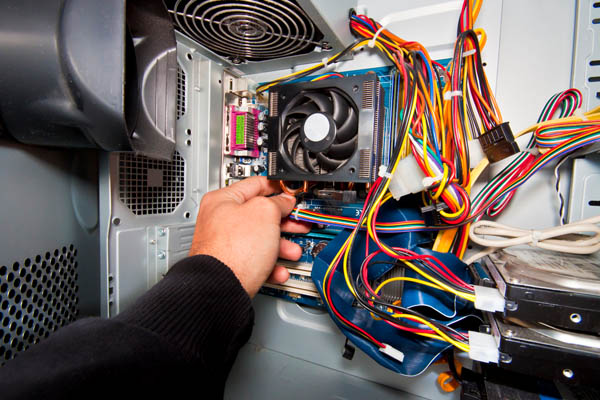
Any commands that are sent are transported through multiple wires. This is also true for power. However, if the wires become loose or damaged in any way, this would interrupt the connection between your furnace and thermostat. This is a very popular issue that has to be addressed. If you have knowledge of wiring, then be sure to look at your wiring on a yearly basis. You should also hire technicians to look at your wiring.
Clogged Air Filter
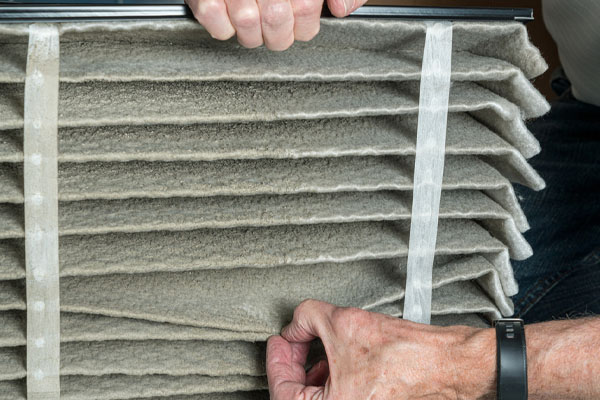
Air filters are created to trap dirt so that you can enjoy improved air quality in your home and increase how long your system lasts. With that said, there are limits on the volume of dirt that they can hold. So, if you notice the quality of your air has decreased, then you should replace the air filter. If you don’t, this will cause your system’s performance to continue decreasing. This can cause a great deal of strain on your furnace, which may cause it to shut off. Be sure to check your air filters on a monthly basis so that you can change them when necessary. It may be a good idea to purchase HVAC air filters in bulk.
Tripped Circuit Breaker
There are many parts of your furnace system that require electricity, even if it may run on propane, gas, etc. So this means that it has a circuit breaker which is necessary to protect it from surges in electricity and other issues. In the event that your heater stops working, this may be the problem. Be sure to check all of your system’s breakers to ensure they are in order. Ensure that your furnace’s switch is also correctly positioned. It is very easy for this to get accidentally turned off. So, if this is the problem, simply correct it.
Blower Issues Or Furnace Belt Issues
It is possible that your furnace may be fully functional, but there are other problems that make it appear as though there is a huge issue. A good example of this is if your blower is making a lot of noise. In many cases, all it may need is some lubricant or the belt may need to be replaced. In some cases, you may need to replace the entire blower. Whatever the case may be, allow the professionals to deal with it.
Related Article: My Furnace Turns On But No Heat – Why?
Look At Your Furnace’s Drain Pan
Indoor humidity is reduced via HVAC systems since they take out moisture from the air. This moisture is collected in the drain pan, which empties on its own. Unfortunately, clogs can happen, which hamper good flow. Additionally, there may be failures with the water pump, so this means it wouldn’t be able to move the collected water out of the drain pan. This can lead to water building up in the pan, which triggers the float switch. This would then prevent your furnace from coming on. So, you should take steps to prevent this by ensuring your pump is working and that your drain pan empties.
Pilot Light On The Furnace
There are lots of heating systems that will refuse to turn on once the pilot light is off. There are many reasons why this can happen, such as problems with the system, drafts, etc. Once there is no pilot light, then it would not be possible to ignite the furnace. Be sure to check how to turn it back on using your furnace’s manual. In most cases, it is easy to relight. You will likely need to take off the access panel and identify the pilot light assembly. Then, you will need to take off the reset switch and allow ten minutes to pass. Once this time has elapsed, turn the switch so that it is on PILOT and relight using a match.
Furnace Fuel
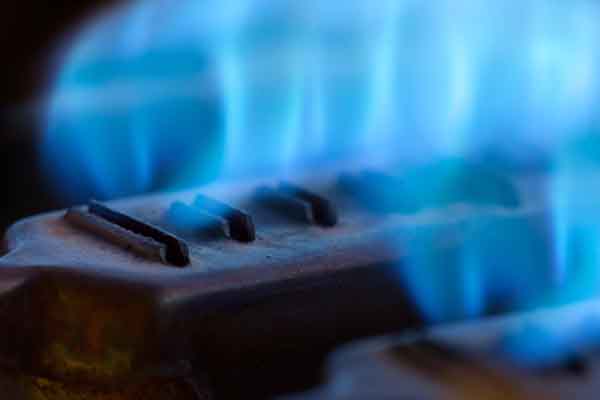
If your furnace isn’t getting enough fuel, it won’t be able to turn on, even if the other parts are working properly. So, you will need to look at your fuel supply.
- Insufficient Fuel: If you’re out of fuel, you will need to get a refill from the appropriate company.
- Natural Gas Supply Problems: In order to determine if there is a problem with your fuel supply, check the supply using another appliance in your home that uses that type of fuel. For example, you can check it using a water heater or even your stove. If there are supply issues, you should call your local fuel company.
Summary
When it comes to heating system issues, it is best to call a professional HVAC company since they have the experience and expertise to handle any problem you may have. This is undoubtedly the most efficient way to get your system back up and running in no time.
Contact Point Bay Fuel For All Your HVAC Needs

Point Bay Fuel delivers exceptional cooling and heating services in Ocean and Monmouth County, New Jersey. We employ experienced and qualified technicians who can assist you with HVAC replacements, installations, tune-ups, and repairs. Every technician has the experience and expertise to maintain your HVAC unit efficiently.
Point Bay Fuel assures competitive cooling and heating fees in this area. Using our maintenance services guarantees your family’s comfort, improved energy efficiency, and a noticeable reduction in your home cooling and heating expenses. We review your budget and recommend ideal suggestions for repair or replacement while keeping you within your spending plan. We are confident in our work and guarantee our work will improve your home’s enjoyment while ensuring you are satisfied. Arrange a service appointment by calling Point Bay Fuel today. We provide in-home estimates.
Contact us now by calling (732) 349-5059 to speak to one of our home comfort specialists! Click the link to view our service area.
The post Furnace Will Not Turn On With Thermostat appeared first on Point Bay Fuel.
